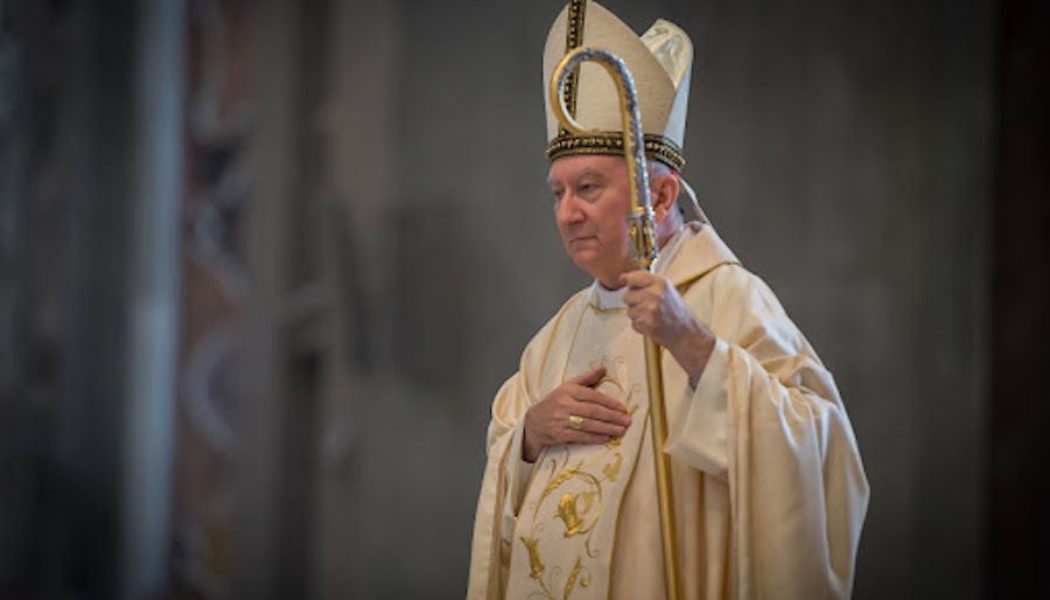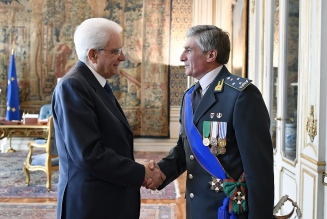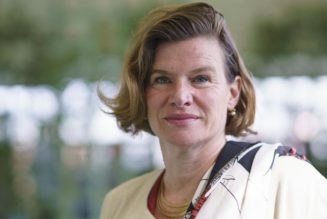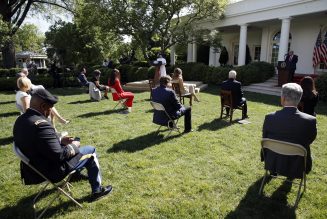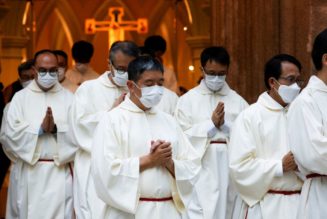
Senior Vatican officials have notified the bishops of Germany that they are not empowered to create a proposed legislative body made up of clergy and laity, which would act as a governing body for the whole Church in the country.
“We wish to make it clear that neither the Synodal Path, nor any body established by it, nor any Episcopal Conference has the competence to establish the ‘Synodal Council’ at the national, diocesan or parish level,” a Jan. 16 letter sent to the German bishops explained, which has been obtained by The Pillar.
The letter was signed by Cardinal Pietro Parolin, Vatican Secretary of State, along with Cardinal Luis Ladaria Ferrer, prefect of the Dicastery for the Doctrine of the Faith, and Cardinal Marc Ouellet, head of the Dicastery for Bishops.
The idea of creating a permanent governing body of bishops and laity for the Church in Germany was approved at a meeting of the “synodal way” last September, at which participants voted to create a permanent governing “synodal council.”
The council would also “take fundamental decisions of supra-diocesan significance on pastoral planning, future perspectives and budgetary issues of the Church that are not decided at the level of the dioceses.”
The Vatican weighed in on the idea this month, after five bishops asked the Vatican whether they were obliged to participate in the “synodal committee” – a planned transitional organization, to be composed of 74 episcopal and lay members, which was to begin this year paving the way for the establishment of the synodal council.
The question was raised in a Dec. 21 letter from the heads of the dioceses of Cologne, Eichstätt, Augsburg, Passau and Regensburg, following the German bishops’ ad limina visit to Rome in November. During that visit, the three cardinals who signed the Jan. 16 letter addressed the German bishops at a rare interdicasterial meeting at the Vatican on Nov. 18.
The Jan. 16 letter said that bishops are not required to participate in the “synodal committee.” It then explained that the bishops are not empowered to create a governing or decision-making synodal assembly for their country.
The letter cited the Second Vatican Council’s Lumen gentium, which teaches that ordination as a bishop “confers the office of teaching and of governing” in the Church.
The Jan. 16 letter was sent to Bishop Georg Bätzing of Limburg, who is president of the episcopal conference. Bätzing was asked to forward the letter to bishops by Jan. 23.
The text of the letter was specifically approved by the pope, who ordered that it be sent, the document explained.
For his part, Bätzing issued a public statement Jan. 23 suggesting that the plan for the governing synodal council was not intended to undermine the authority of bishops.
“In view of synodality, it is not primarily about dogmatic questions, but about questions of lived synodal culture in joint consultation and decision-making. No one questions the authority of the episcopacy,” he said.
The bishop called “unfounded” Vatican concern “that a new body might stand above the bishops’ conference or undermine the authority of individual bishops.”
“The synodal council, which is to be prepared by the synodal committee, will therefore operate within current canon law in accordance with the mandate contained in the resolution,” he wrote.
But the bishop also said that Rome’s intervention will mean a rethinking of what the synodal council actually can do.
“The document from Rome will have the consequence for us in Germany that we will think much more intensively about the forms and possibilities of synodal consultation and decision-making in order to develop a culture of synodality,” the bishop wrote.
While he did not address specifics, Bätzing insisted the intervention was not a loss for the German bishops.
“I consider this to be helpful and feasible in the task portfolio of the synodal committee, while respecting the limits and possibilities given by church law. The synodal committee is not called into question by the Roman letter.”
He added that the permanent council of the German bishops’ conference had discussed the Vatican letter at its Monday meeting in Würzburg.
It is not clear how other German bishops will respond to the Vatican directive. Last fall, the prospect of a governing“synodal council” got support from a majority of bishops during the synodal way’s September meeting, which was held in Frankfurt.
On Sept. 10, delegates endorsed a two-page document entitled “Sustainable strengthening of Synodality: A Synodal Council for the Catholic Church in Germany” on its second reading. Ninety-three percent of the more than 200 synodal way members present approved the document, including 88% of bishops.
The document had been strongly criticized by the prominent German theologian Cardinal Walter Kasper, who said that it threatened to destroy the structure “that Christ wanted for his Church.”
Bishops voted for the proposal despite a Vatican declaration last July that the synodal way has no power “to compel the bishops and the faithful to adopt new ways of governance and new approaches to doctrine and morals.”
“Prior to an agreed understanding at the level of the universal Church, it would not be permissible to initiate new official structures or doctrines in the dioceses, which would represent a wound to ecclesial communion and a threat to the unity of the Church,” that declaration said.
Expectation that the Vatican would send a significant letter to the German bishops following their ad limina visit was first expressed publicly by Bishop Peter Kohlgraf of Mainz on Dec. 1. The bishop said that the letter was expected to arrive ahead of the synodal way’s fifth and final synodal assembly, scheduled for March 9-11 in Frankfurt.
In October, the Central Committee of German Catholics elected 27 members to serve on the synodal committee.
The synodal way is a multi-year gathering of bishops and lay people to discuss four main topics: power, the priesthood, women in the Church, and sexuality in the wake of a devastating abuse crisis and amid a mass exodus of German Catholics.
